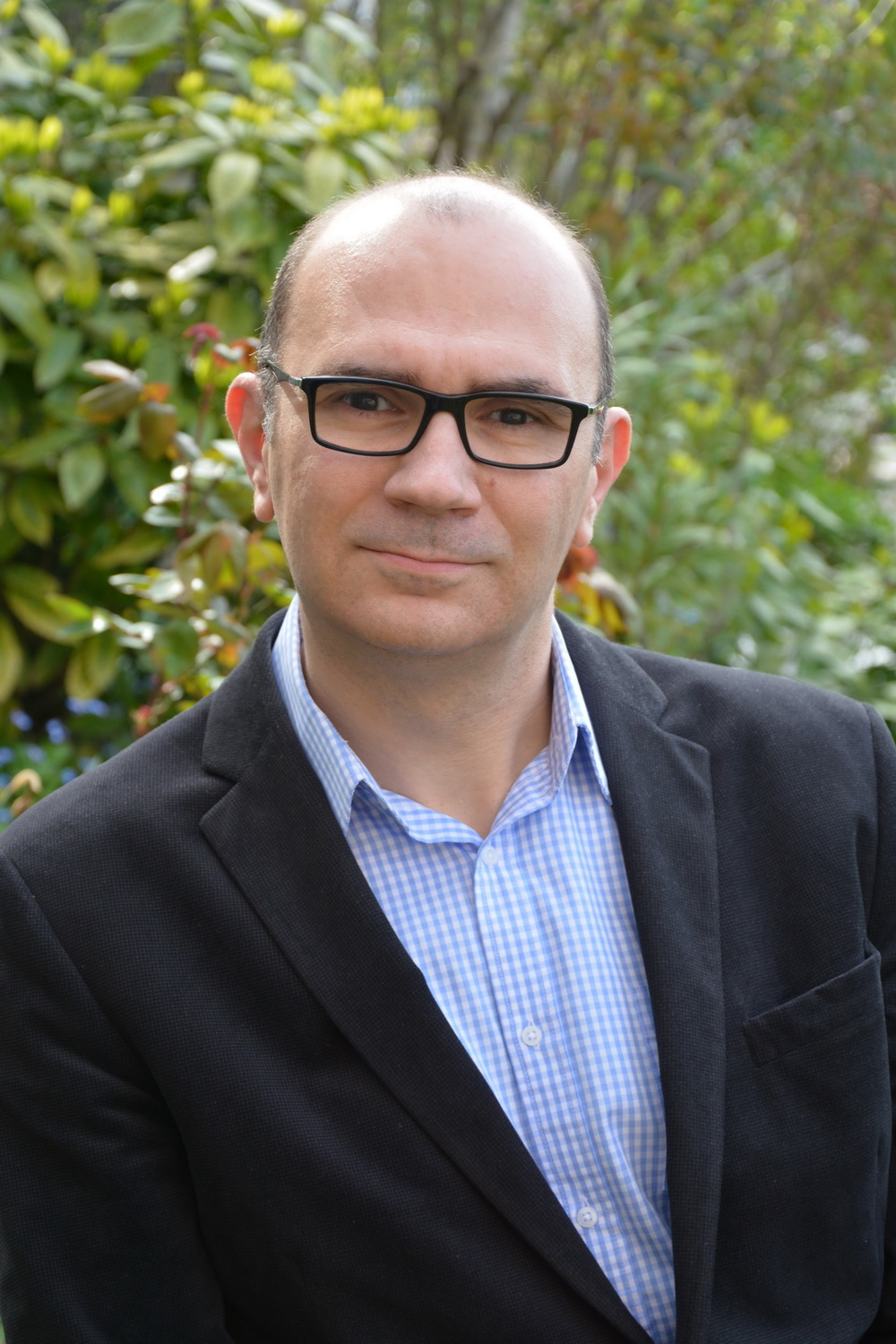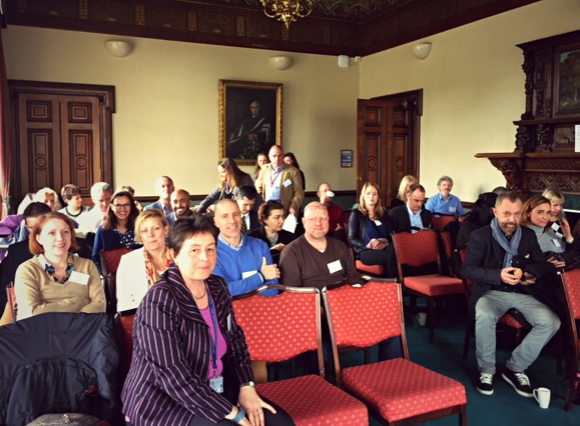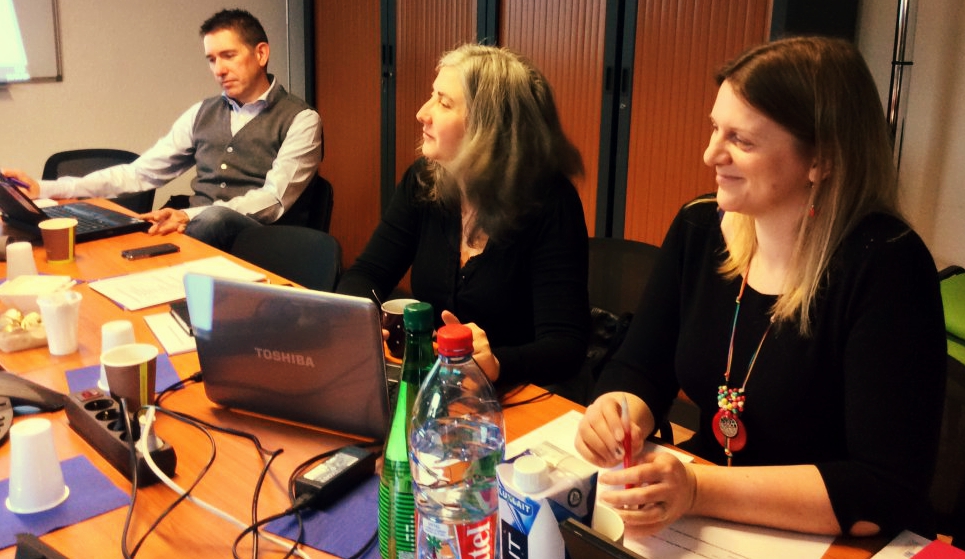The first quarter of 2016 started with great intensity! We were busy working towards recruiting the very first research participant into our study and should reach this important milestone early next month. A serious engagement of the entire EPAD family was also needed for the mandatory scientific and financial progress report to the Innovative Medicines Initiative.
Here are some of the team’s major achievements during the past period:
The operational aspects of the Longitudinal Cohort Study are now finalised
Next to the requirements for Good Clinical Practice (GCP) and ethical considerations, organising the study itself from an operational perspective takes time. The EPAD operations team has successfully established all required service contracts (clinical assessments, bio-banking etc.), coordinated local Ethics Committee submissions and prepared best practices for sample management.
Six trial delivery centres are now certified and staff trained and ready for action
On 21 March, site personnel from the first six certified EPAD Trial Delivery Centres (TDCs) were trained during the first EPAD Investigator Meeting in Edinburgh.
Our communication strategy has been updated
A new year and ever-evolving project needs calls for a 2016 Communication Action Plan and that’s exactly what WP6 developed. Emphasis has been placed on generating awareness of the project itself and its expected results, rallying stakeholders as well as the general public around EPAD’s cause in order to create an EPAD community and educating the broader public about the fundamental concepts EPAD is built on.
Our first progress report has been submitted to the Innovative Medicines Initiative
With the first project year of EPAD completed, a first official annual report about the project scientific and financial progress of each individual partner and the consortium as a whole was submitted to IMI. Approval of this report is a prerequisite for future milestone payments to Beneficiary Partners in EPAD.
Four cohorts are now connected in the EPAD Register with five additional ones to follow shortly
An initial set of nine Parent Cohorts (PCs) have been selected for inclusion in the Register, of which four are already connected to the ‘Participant Register for EPAD’ (PREPAD) software tool, and hence the present day Register encompasses >4000 potential research participants without dementia. The other five PCs will be incorporated in the next few months. In total, 23 PCs have been fingerprinted, representing >500,000 research participants.
Sound ethical recommendations will guide the next steps of the EPAD project
The EPAD ethics team (WP8) created an extensive recommendations document that tackles topics in the following areas:
- Informed consent through the EPAD journey
- Return of results and disclosure of Alzheimer’s risk
- Incidental findings
- The experience of participation in EPAD
- Data sharing and governance
- Continuity between the Longitudinal Cohort Study and the Proof-of-Concept (PoC) Studies
About EPAD
EPAD aims to improve the chance of successfully preventing Alzheimer’s dementia and to better understand early aspects of Alzheimer’s disease before dementia develops. The goal of the initiative is the prevention of dementia in people with evidence of the disease (such as biomarker abnormalities) who still may have little or no complaints or clinical symptoms. EPAD will establish a European-wide cohort of over 6,000 participants, of which 1,500 will be invited to participate in a trial to test new treatments for prevention of Alzheimer’s dementia. The five year programme is part of the Innovative Medicines Initiative, a joint undertaking between the European Union and the European Federation of Pharmaceutical Industries and Associations, EFPIA.










